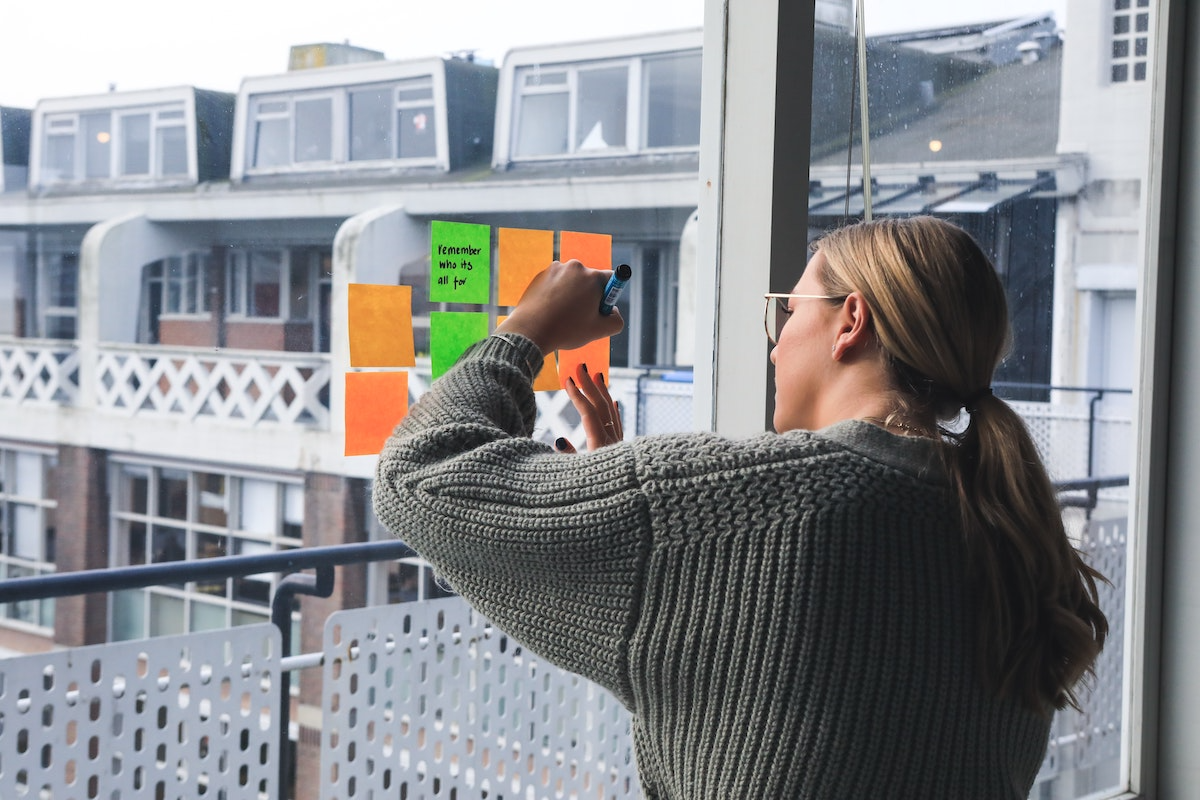How the Austrian team is letting young citizen scientists make important decisions
As outlined in our previous blog post, the main goal of the Austrian case is to explore young migrants' political and civic engagement opportunities. To identify these opportunities and propose solutions for any issues connected to the topic, workshops are organized with our young citizen scientists who are themselves representatives of the migrant community in Austria. So far, we have conducted 3 workshops and 1 living lab, and we are proud to say that each of these meetings has provided us with profound insight into the lives of the young migrants in the country.
So how are these workshops organized? Generally, our workshops can be described as group discussions about various questions. These questions are posed by the professional researchers towards the citizen scientists who then discuss the answers among themselves. To make the workshops more interesting and fun, discussions are complemented by other content, such as videos, and of course, there is pizza for everyone!
During our first workshop, we focused on getting to know each other as well as to the general introduction to the YouCount project. Afterwards, the young citizen scientists were asked questions aiming to capture their understanding of science and research in general, such as "What does science mean to you? Imagine you are at the university doing research with us, how would this work go?". Moreover, there was also a discussion about how to ensure the best possible conditions for project collaboration and its evaluation. Citizen scientists discussed questions such as "How do you imagine a good collaboration in such project? How can a project be evaluated? What might determine whether to stay involved with the project longer?".
The focus of the second workshop was to discuss citizen science and the role of citizen scientists, but also the meaning of political and civic engagement. Moreover, the young citizen scientists were asked to identify what opportunities for political and social participation are there in Austria, and what are the issues the young migrants might face in this particular area.
The third and final workshop that we have conducted so far had 3 main areas of focus. First, the young citizen scientists brainstormed ideas for improvement of the YouCount app. Next, there was a discussion about the possible social innovation the project could bring as well as what personal outcomes do the young citizen scientists expect to gain from their participation in the project. Finally, citizen scientists were asked about the ways they want to be involved scientifically and what would they like to learn about research.
An important prerequisite for successful citizen science project is that the citizen scientists feel at eye-level with the professional researchers. In our case we try to achieve that by establishing an informal atmosphere and letting the young citizen scientists make important decisions about the aim of the project and its outcomes. Moreover, while the professional researchers are the ones who start discussions by posing questions, they are never forcing directions the discussion is going to take. We also take great care to always ask the young citizen scientists for feedback. It is our belief the that the key to a successful cooperation with the young citizen scientists is that they feel heard and in charge of the direction the project is going to take.

Exploring civic engagement opportunities of young migrants in Austria - Blog, News & Events - YouCount - Social Citizen Science
Comments
By accepting you will be accessing a service provided by a third-party external to https://www.youcountproject.eu/
This website uses no external trackers, no analytics, just session cookies and values your online privacy.



